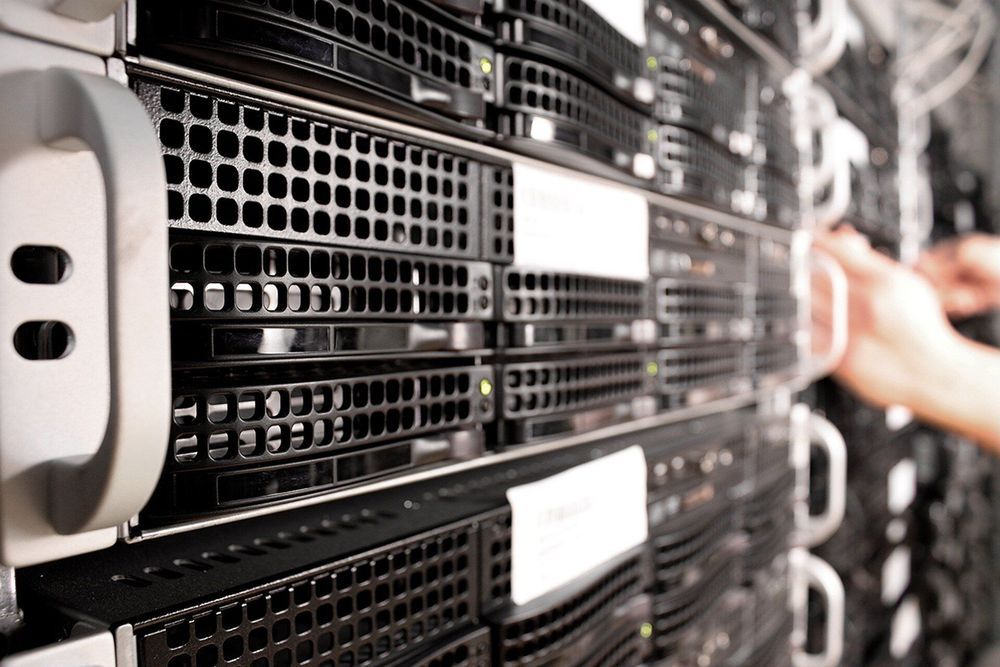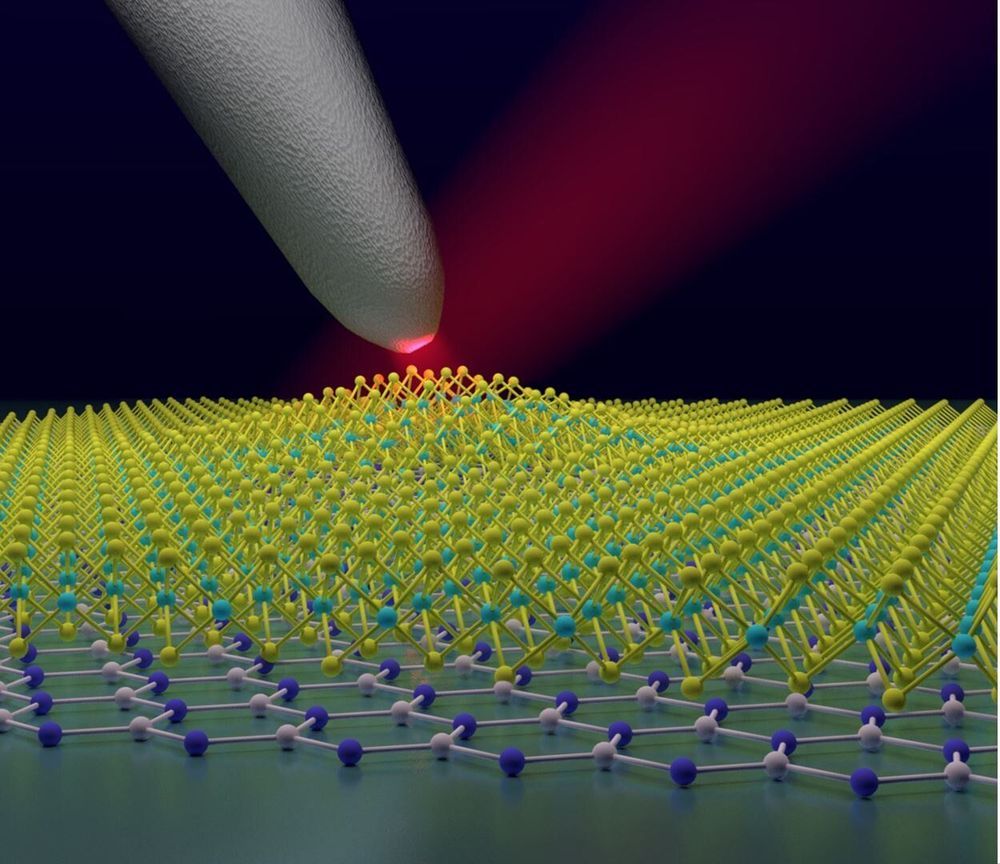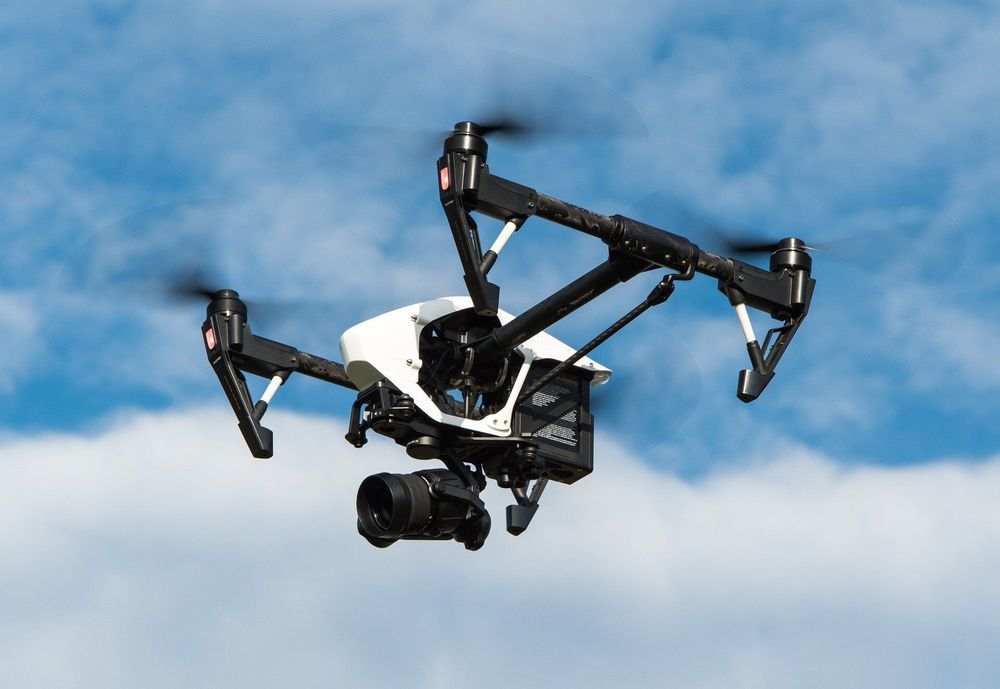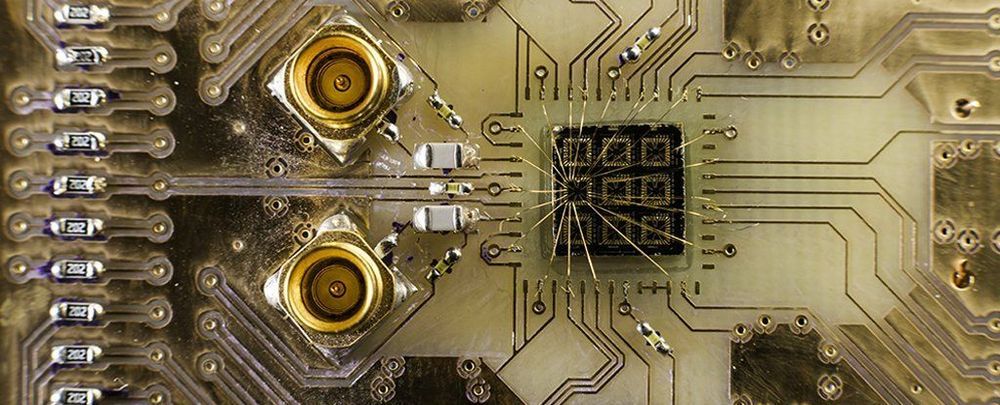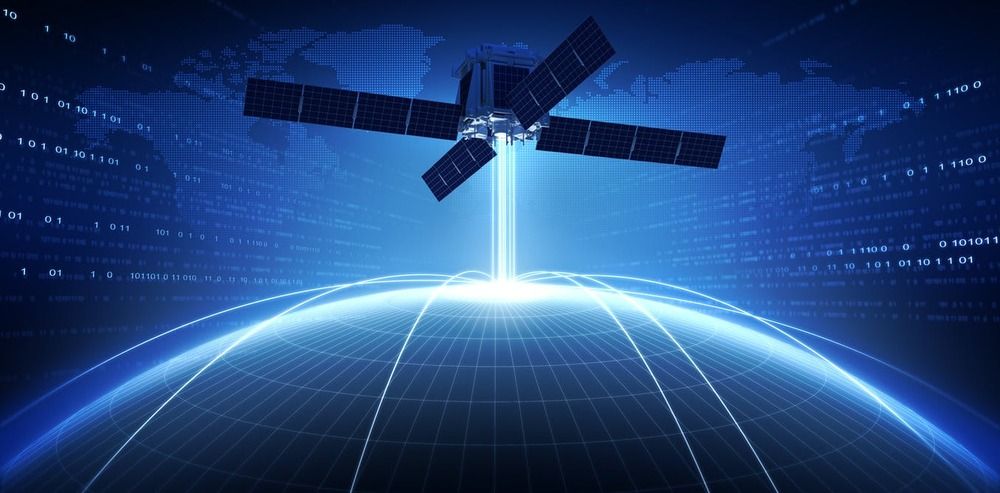Amid ever-increasing demands for privacy and security for highly sensitive data stored in the cloud, Google Cloud announced this week the creation of Confidential Computing.
Terming it a “breakthrough technology,” Google said the technology, which will offer a number of products in the coming months, allows users to encrypt sensitive data not only as it is stored or sent to the cloud, but while it is being worked on as well.
Confidential Computing keeps data encrypted as it’s being “used, indexed, queried, or trained on” in memory and “elsewhere outside the central processing unit,” Google said in a statement about the new technology.
